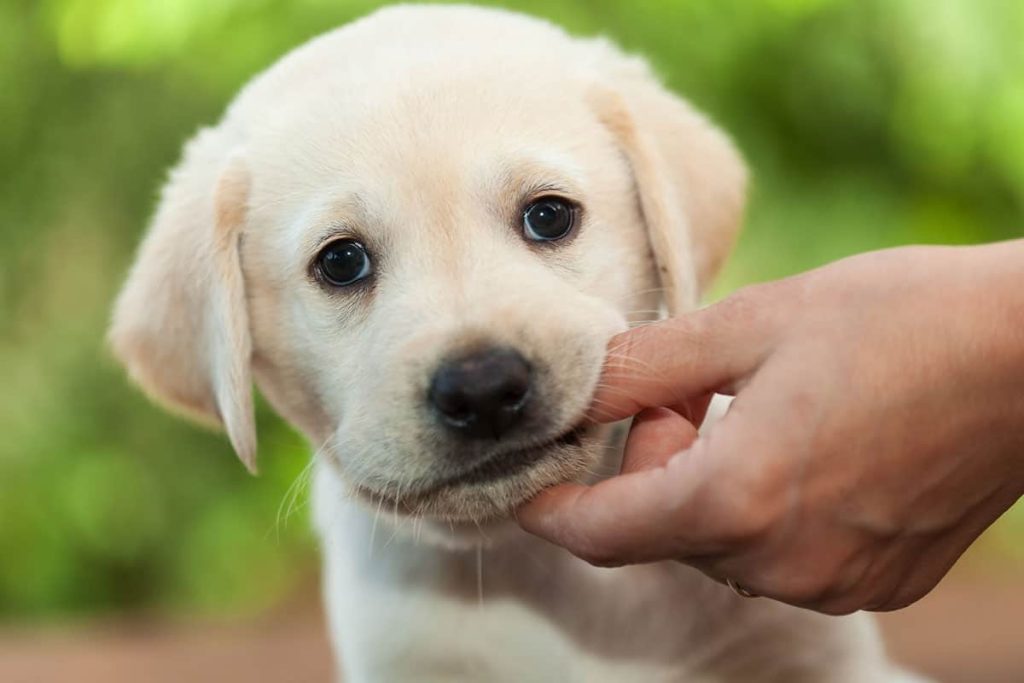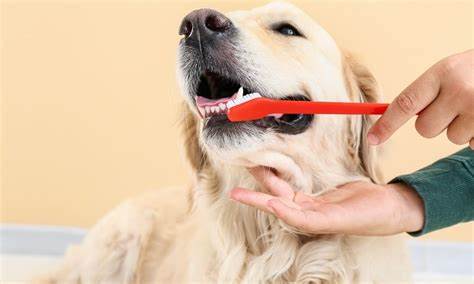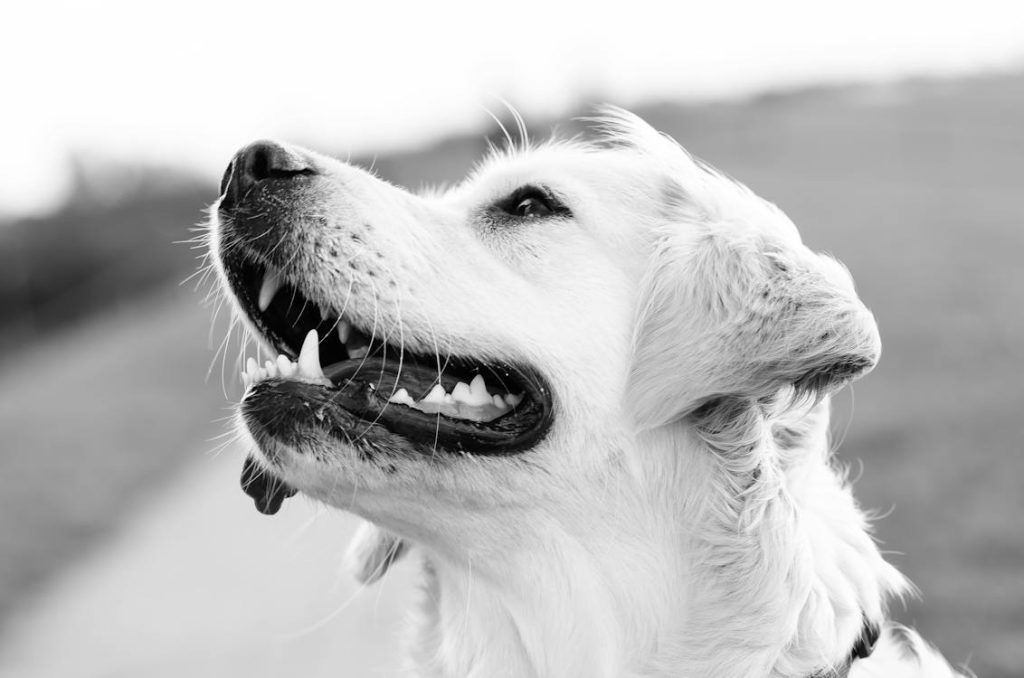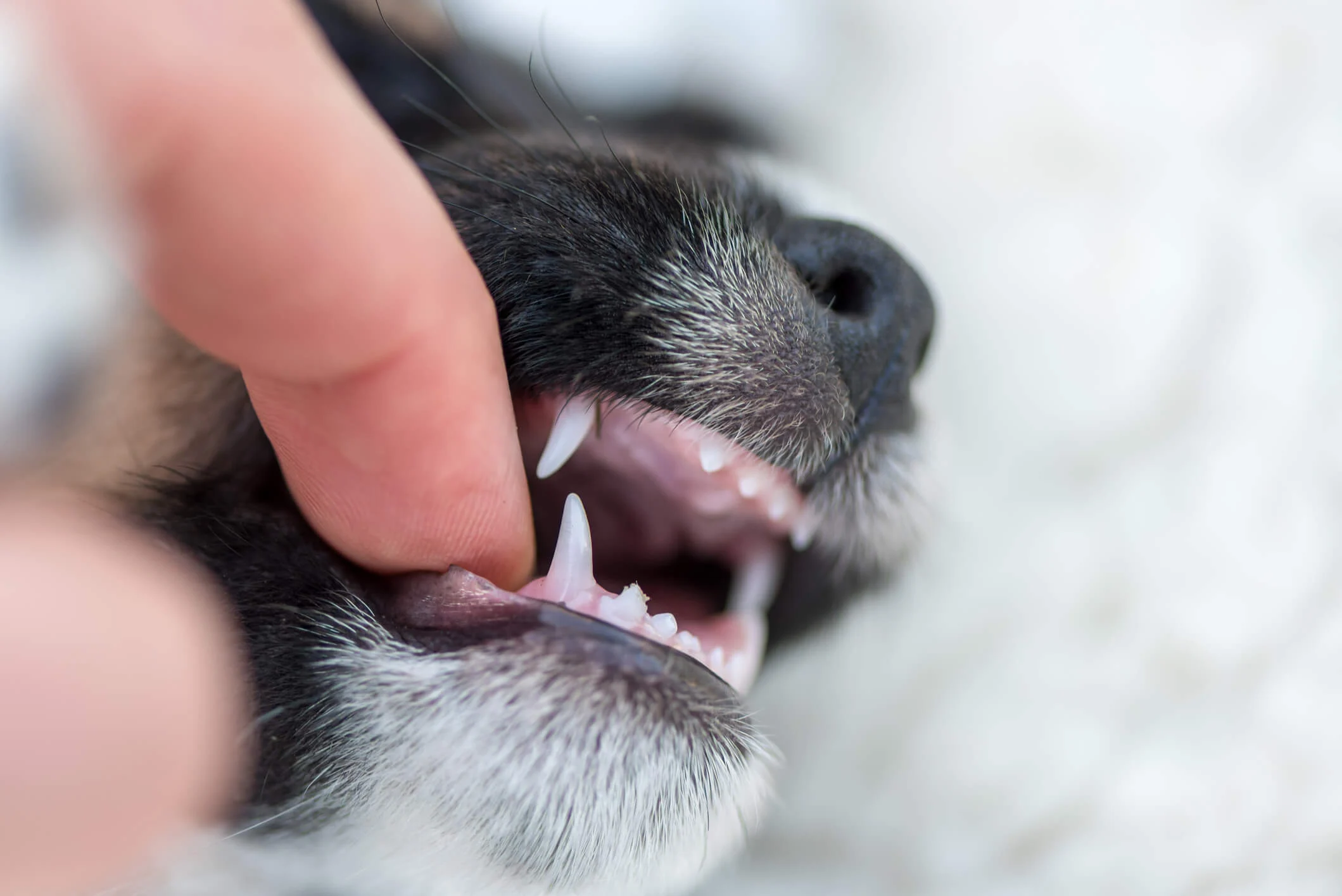Puppies sure do bite and chew a lot! It’s all part of the teething process as their sharp little puppy teeth emerge. But eventually those needle-like milk teeth will fall out. When do puppy teeth fall out to make room for permanent adult teeth?
Typically puppy teeth begin falling out around 12-16 weeks as the permanent teeth erupt. However, the teething timeline varies between breeds. Understanding the stages of puppy teething helps you support your pup through this uncomfortable phase.
In this article, we’ll cover the age range puppy teeth fall out and tips for easing your teething pup’s discomfort. Let’s dive into the dentition details!
Puppy Dentition Timeline
To understand when teeth fall out, it helps to know when they first emerge. Here are the general stages of puppy teeth development:
3-4 weeks: Deciduous incisors (front “baby” teeth) start erupting. Pups now have a full set of sharp little front teeth for nibbling.
4-6 weeks: Premolars emerge behind the incisors around the cheeks. Pups can now do real damage with their shark-like bite!
6-8 weeks: Sets of deciduous canine teeth (fangs) grow in on the sides around the incisors. Their bite strength intensifies.
12-16 weeks: Permanent teeth begin pushing baby teeth out as they erupt behind them. The puppy chewing urge peaks during this stage.
6-7 months: All adult teeth have emerged and puppy teeth are gone. Chewing interest declines but doesn’t entirely end.
Now that you know the timeline, let’s look at the process itself.

How Do Puppy Teeth Fall Out?
Puppy teeth aren’t simply shed like hair or baby teeth in humans. The permanent replacements actually push the milk teeth out as they move into position.
This is a gradual process that occurs over several weeks or months. Slowly the roots of puppy teeth dissolve as the permanent teeth press against them and cut off their blood supply. Eventually the mouth can’t contain both sets, and the puppy teeth are pushed out or resorbed.
During this transition, you may find puppy teeth on the floor, embedded in a toy, or even in your pant leg! This is totally normal, if startling.
Pups may swallow loose teeth as well, which also poses no health risk.Monitor for excessive bleeding from lost teeth, however.
What Age Do Puppies Lose Their Baby Teeth?
The average age range puppies begin losing teeth is around 12-16 weeks. However, some puppies start a bit earlier or later. Teething timelines vary by breed.
Small dogs: Begins around 8-12 weeks
Medium dogs: Around 12-16 weeks
Large/giant breeds: As late as 5-6 months
Puppies lose their teeth in the same order they got them. Incisors are first, then premolars, canines, and finally molars through 6-7 months old. If in doubt about your pup’s tooth loss, consult your veterinarian.

Help for Teething Puppies
You can help make your pup more comfortable as they lose teeth by providing:
- Appropriate chews: Give safe rubber teething toys to relieve sore gums. Avoid hard chews that could damage emerging teeth.
- Cold snacks: Try freezing a wet washcloth, banana, or carrot for numb relief. Avoid frozen bones that pose dental risks.
- Massage: Gently rub swollen, sensitive gums with a clean finger to reduce pain. Never pull on loose teeth.
- Attention breaks: Puppies may get nippy during teething pain. Redirect to appropriate chew toys, then ignore if biting persists.
With patience and the right tools, your pup will get through this temporary phase of discomfort and have their complete adult smile soon! Be sure to contact your veterinarian if you have any concerns about your puppy’s tooth development.
When to See the Vet
Schedule an appointment with your vet if your puppy has:
- Baby teeth still present after 7 months old
- Permanent teeth emerging in the wrong position
- Retained roots from baby teeth impacting permanent teeth
- Excessive bleeding from lost teeth beyond a day
- Difficulty eating due to loose teeth
- Swelling, discharge or infection around teeth and gums
Your vet can assess the tooth eruption timeline and intervene if any dental issues are delaying progress or impacting health. Proper tooth alignment early on is critical.

Frequently Asked Questions
Here are answers to some common questions about puppies losing baby teeth:
Should I pull out my puppy’s loose teeth?
No! Never attempt to pull out puppy teeth, even if very loose. This can damage the underlying permanent teeth. Let teeth fall out naturally.
Why is my puppy suddenly chewing and biting more?
Increased chewing and mouthing is very common during peak teething as pressure from emerging new teeth causes soreness. Provide appropriate chew outlets.
When will my puppy stop teething?
Teething winds down around 7-8 months old for most puppies, once all adult teeth have fully emerged. Giant breed puppies may teeth for 1-2 months longer.
Is it OK if my puppy swallowed some teeth?
Yes, swallowed puppy teeth pass through the digestive system without issue, much like ingesting hair. Call your vet if you notice vomiting or bathroom problems after swallowing.
Should I brush my puppy’s teeth before permanent teeth erupt?
Vets advise waiting until 6 months to begin brushing when gums are less sensitive. Use a very soft brush and puppy toothpaste until then.
The teething period can be uncomfortable for puppies, but it helps set them up for a lifetime of dental health. With patience and proper care, your pup will soon have their full adult smile! Let us know if you have any other puppy tooth questions.

